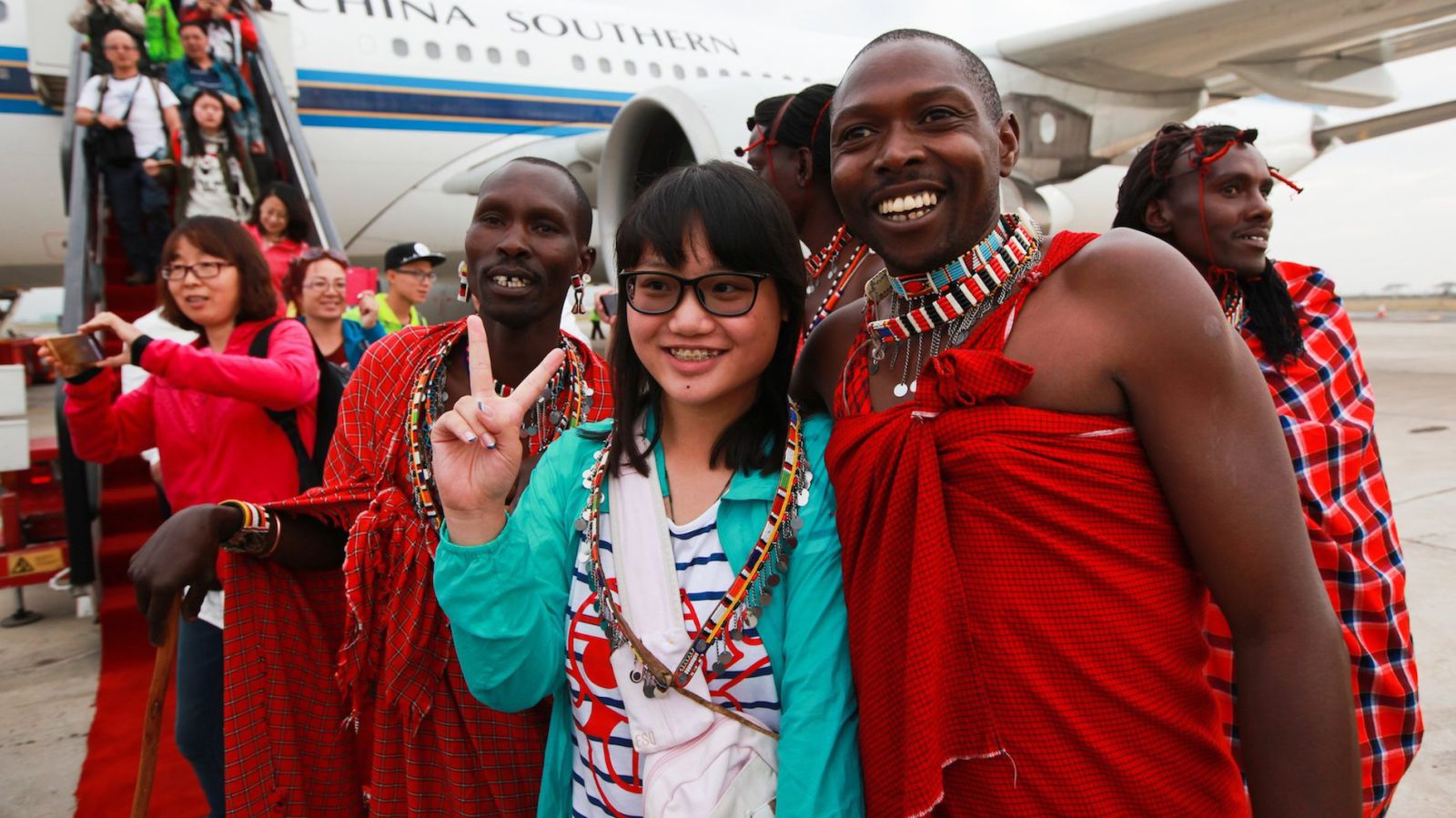China is moving beyond building Africa’s roads, railways and ports to investing in the continent’s transportation and aviation industries as a whole.
Plans to build five transportation focused universities and a China-Africa aviation school on the continent are going ahead, according to the dean of Chang’an University in Xi’an, China, speaking at a conference in South Africa last week. Starting this year, 500 aviation personnel from Africa will start training in China each year, Chinese officials said earlier this year.
Education and the transfer of technological know-how are increasingly part of China’s soft power efforts in Africa. There are more than 20 Chinese-run agricultural training centers and over 40 Chinese language schools, Confucius centers, across the continent. China’s minister of foreign affairs Wang Yi said last week his government would offer 10,000 scholarships to African officials to study in China over the next decade. China is already the top destination for African students from English-speaking countries, ahead of the United Kingdom and the United States.
While the focus on education is a diplomatic strategy—Chinese president Xi Jinping said in late 2015 that establishing vocational schools would be one of his countries top priorities on the continent over the next three years—there are financial benefits too.
By expanding Africa’s aviation sector, China stands to benefit from sales of its civilian and military aircraft. The government-owned aerospace and defense company, Aviation Industry Corporation of China (AVIC) had at least nine (pdf) of its 50-seat Xian MA-60 planes in operation in Africa and had set up a center for maintenance and repair in Tanzania. Harbin Aircraft Industry’s utility aircraft, the Y-12, is used by the military in eight African countries. Chinese airlines are already transporting passengers between Africa and China with direct flights from Kenya, Ethiopia, South Africa, and Mauritius.
Extended transportation links will likely mean more big ticket projects like Kenya’s $3.2 billion standard gauge railway and a $4 billion light rail connecting the capitals of Djibouti and Ethiopia. Both projects were constructed by Chinese companies.
Source: Quartz



